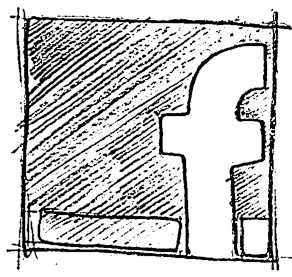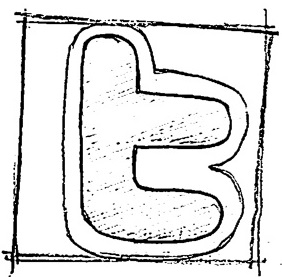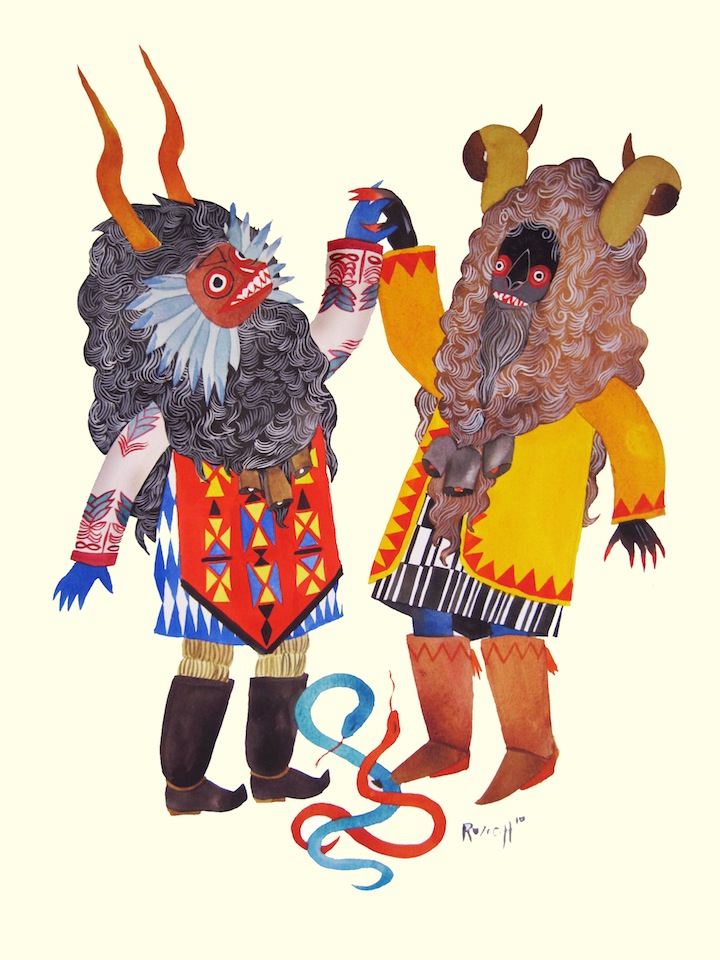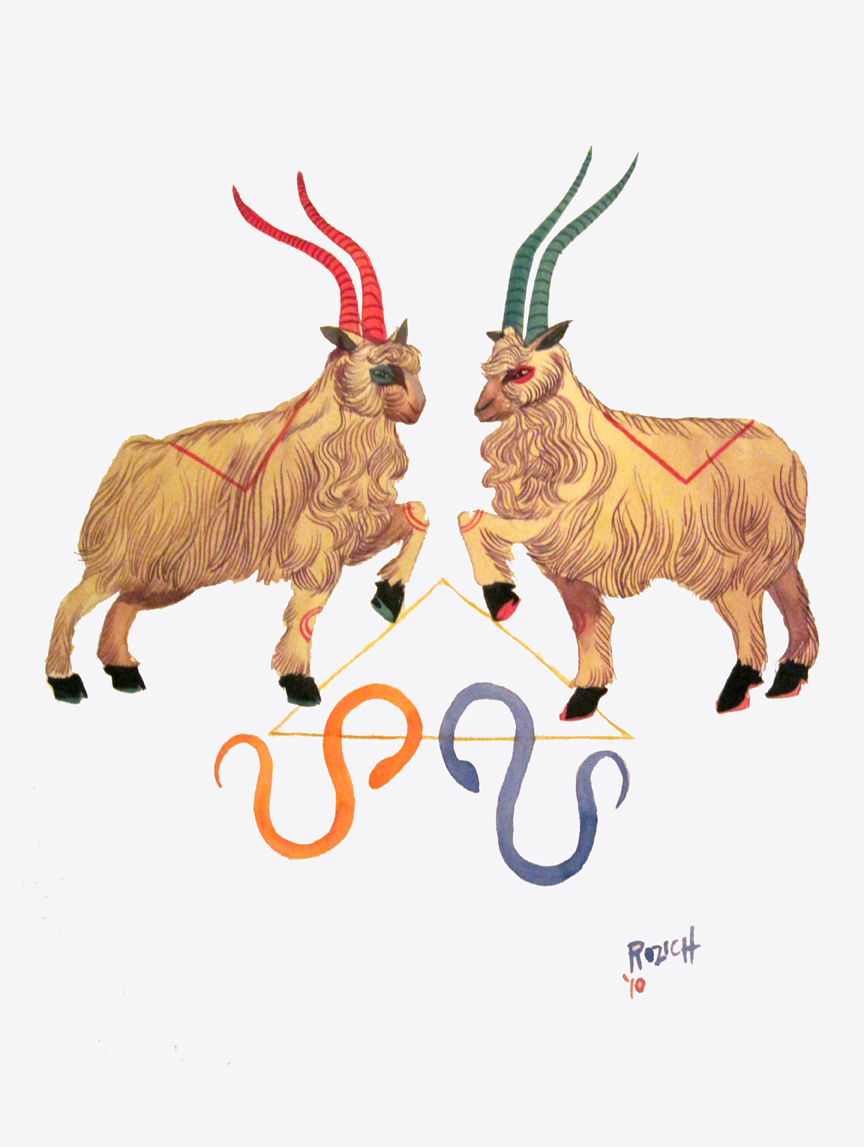by Alex Fox
His fishing rod had been broken for months. He squatted, scribbling at the boards of his dock with a carpenter’s pencil. He had renamed himself Bingo Cartwheel when he was fifteen and didn’t tell anyone. He was thirty five now. Fishing was the only way Bingo could make sense of things. Writing about it was like lure fishing (spinners, jigs, cranks, plugs, spoons, buzzbaits, poppers)—which never worked for him—casting something made up out and hoping it came back with something real attached to it.
His limbs were long and didn’t look like they had been made for squatting like he was. His boots looked like a pair of anvils that had been welded to his spoke legs. His belt wasn’t holding up his pants despite the knot he’d tied it in after the buckle broke. He was going back over the letters with the pencil until the ruts of each letter shone with graphite.
In the shallows a little ways up the small river something was coming up to the surface. It was an oval the color of the moon but smooth like an egg. As it came ashore a bellybutton emerged, followed by limbs and a nose. He put down his pencil and walked over, boots sinking a few inches in the mud and making a sucking noise as he picked them up again.
He stood over a floating brown haired boy. Bingo looked at the face in the water. It looked like what happened to the boy hadn’t been so bad—his face didn’t make him look broken, just shut—like a closed book.
When Bingo still had the patience for books, he had read that there were deep sea vents—cracks in the ocean floor where heat and black poison gas from inside the earth escaped from twisted mineral chimneys. These vents were covered in plants and animals that had never seen the sun, and didn’t need it. They thrived on blistering hot, toxic smoke. He liked that, oddly colored, uncouth forms of life at the bottom of everything sucking up exhaust from the earth’s smoldering core. Creatures that would die if brought into the light.
The boy’s lips were purple and his skin looked like fresh, wet mozzarella with blue veins tangled in it. His expression made it look almost natural, as though this was just how he always looked. Bingo pretended that this was a special kind of boy who lived in the river and herded catfish. He pictured the boy standing in the river’s murk, watching catfish sift through the mud, or pulling them to a new pasture by their whiskers.
Bingo’s gaze wandered from the boy and past the shoreline trees and brush on up to the sky, all closed over with clouds the color of dirty snow. Though it wasn’t bright, the upward tilt of his head sent his eyelids closer together, like they were trying to whistle or play a trumpet. After a series of half thoughts that culminated in a slow wind he could feel blowing cold across his eyeballs, Bingo bent down and put his hands on the body’s shoulders and slipped the young shepherd back into the brown river.





















